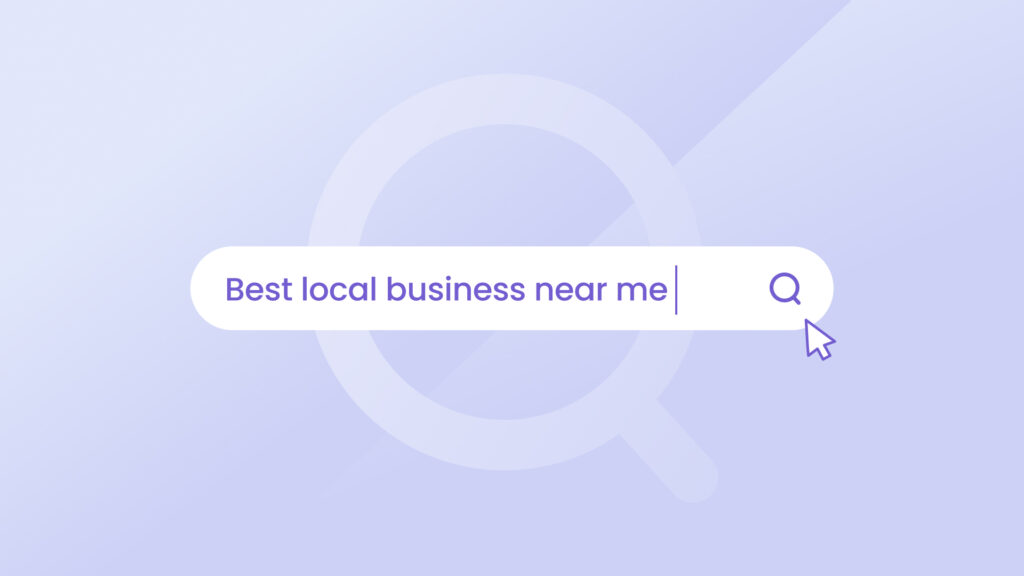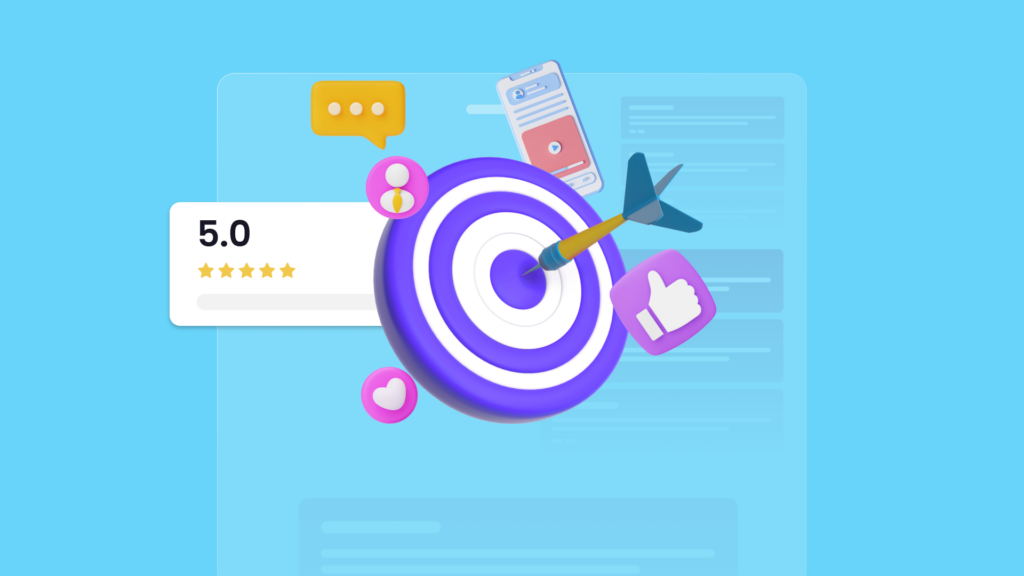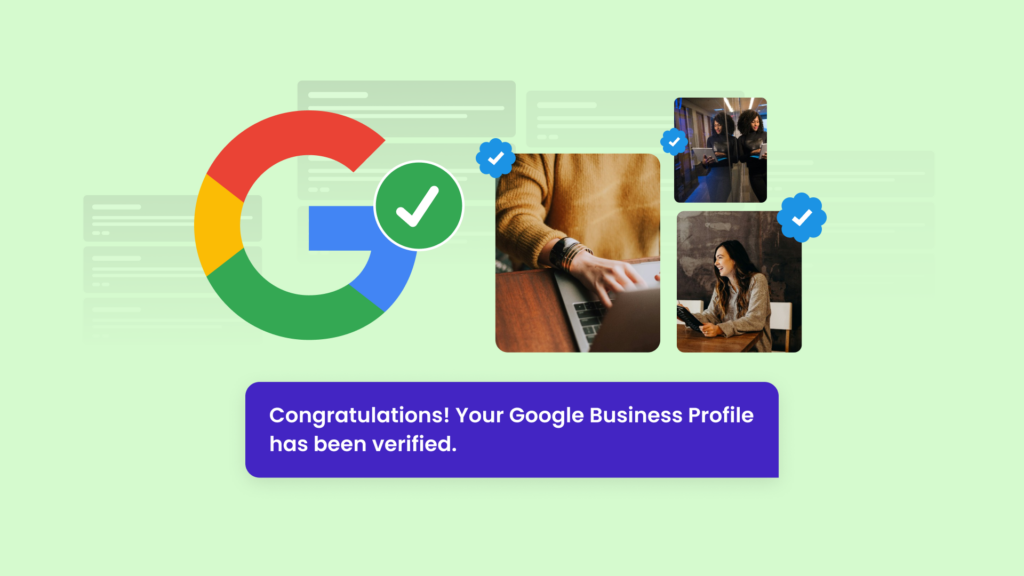Over the past few decades, marketing has evolved. With the rise of the internet, we saw the creation of billions of websites, all trying to attract viewers in the vast digital space. Google’s dominance as the primary search engine of the world has made it necessary for any business to adopt an SEO strategy.
What is SEO?
SEO stands for “search engine optimisation”. The term was first used in the late 90s but it didn’t appear in internet culture until the early 2000s. SEO predates the creation of Google but for over two decades the two have been inseparably intertwined since Google accounts for over 90% of searches around the globe.
If you want your site to have better visibility in search results, then optimising the SEO for business is essential. This marketing practice is so important that almost every business in the world is utilising it. Not paying attention to the SEO of your business can set you back a lot.
Currently, Google considers hundreds of factors when determining SEO rankings in a search. Twenty years ago, SEO optimisation was simple as it required some links and a couple of key phrases. Nowadays, the whole process is a bit more complicated. Despite that, the goal of SEO has always been the same, giving users the best possible answers to their queries.
Global vs. Local SEO
The first choice you’ll have to make regarding the SEO for your business is whether you want to attract a local or a global audience. Global and local SEO have their pros and cons and each approach is quite different.
Global SEO
With global SEO, the keywords are targeted globally so your business will be trying to attract customers from all around the globe. It focuses on generic keywords to drive traffic to your website. This strategy is best suited for businesses that can operate outside of their region without hindering their capacity. Global SEO for your business will improve global sales but it might leave your business in the dark when it comes to local customers.
The downside of going global is that the competition is fierce. You won’t just have to compete with nearby businesses but with any other company that provides a similar service on a global scale. This also means that you’ll need a constant stream of content to keep your website relevant in Google’s search results.
Local SEO
In contrast to global SEO, local SEO is great for small businesses or those that are just starting out. Local SEO is a type of SEO that benefits businesses targeting customers in a certain area. Any search that is related to a specific location is a local search. Local SEO is based on local keywords that are meant to increase traffic to your website. This means that it focuses on local contacts, the city and the local language. Factors that can help your local ranking include setting up a profile in business directories, online maps, and others.
When building a brand, it’s often a good idea to gather a local audience before going global. Google’s local SEO algorithm includes three main factors:
- Relevance — how closely the search term matches the search results.
- Proximity — the distance between the user and the business at the time of the search.
- Prominence — how important Google ranks the business when compared to the competition.
Building a successful SEO strategy
Creating your SEO strategy is often much easier said than done. While you can always hire a professional SEO agency that’ll handle everything SEO regarding your business, there are some crucial steps you can take to improve your ranking in search results.
First and foremost, choose the type of SEO you’ll be focusing on. If you’re a small business that wants to expand to the local scene, go for local SEO. If your business is already established on the local level and you have the capacity to deliver services to a global audience, then just aim for global SEO. No matter the case, you’ll still want to make a clear SEO for business strategy to reach your targets:
- Set precise goals — Do you want to increase traffic? Are you trying to improve the engagement time on your website?
- Set a budget — Planning your SEO strategy won’t be very fruitful unless you have a dedicated budget for the campaign. SEO spending can include publishing, various types of content creation and more.
- Do a keyword search — Whether you’re aiming at the global or local scene, knowing the keywords for your business is crucial. This includes what your customers will be searching for and having those exact keywords on your website.
- Add external links to your website — Google will regularly check the details of your business across the web. While it’s hard to keep track of numerous accounts on various websites, this can drastically improve your SEO ranking. Adding your business to online directories can also have a positive effect on your SEO.
- Study the competition — Knowing what you’re up against can give you a good idea on how to proceed with your SEO strategy. To be higher on Google’s search list, you’ll have to outrank the competition.
- Create your Google Business Profile — As a user, you’ve probably encountered hundreds if not thousands of businesses on Google Maps. These location-based descriptions are known as Google Business Profiles and claiming yours is of utmost importance since it’s directly tied to your local SEO.
- Improve your reviews — Another element tied to your Google Business Profile are the reviews left by customers. They’re not only important for your and your customers but also for Google and your local SEO. Make sure your profile is active and you answer reviews on a regular basis to improve your rating and keep customers happy.
Frequently Asked Questions about SEO for business
What is SEO for business?
Search engine optimisation involves enabling customers to discover your website through Google, Bing, and Yahoo searches. Through proper website construction and keyword optimisation, you can increase traffic to your site and boost sales.
Does SEO really work for business?
SEO is quite effective for your business. It’s a vital driver of organic traffic, and when executed properly, it can swiftly draw a substantial audience to your website. This not only heightens brand visibility but also augments the likelihood of converting these visitors into loyal customers. While the concept might seem straightforward, SEO encompasses more than merely possessing an optimised website.
Is SEO worth it for small business?
No matter the size of your company, SEO for business can have a positive impact by elevating the volume of visitors to your website. This holds true if there’s a demand for your product or service, and your website is designed to effectively convert visitors into customers. As website traffic surges, the potential for enhanced sales for your business also grows.
Is SEO still relevant in 2023?
SEO continues to be highly relevant in 2023 and beyond. This is because SEO facilitates the process by which search engines analyse and classify your business’ website, enabling them to effectively rank web pages based on user search queries. Major search engines like Google are dedicated to aiding users in locating answers to their queries.
Can I do SEO on my own?
In the realm of digital marketing, the potency of your strategy is tethered to your budget. Acquiring the skill to conduct SEO autonomously not only allocates resources for other marketing avenues but also empowers you to steer your organic search endeavours and gain invaluable insights into your online footprint.
Key Takeaway
Managing your SEO strategy is definitely not an easy task as it requires your continuous attention across the web. We hope this article has helped you get a better understanding of the best SEO practices.
About Magic
Magic helps local businesses grow. Thousands of local businesses use Magic to get more online reviews, win new customers, easily manage customer conversations and grow sales. Magic offers these features:
- Reviews: Get more reviews with easy review requests for popular review sites like Google, Facebook, Yelp, TrustPilot, and more. Rank high on local search and enhance your visibility on Google.
- Inbox: Keep track of customer conversations across channels in one inbox, including SMS, Facebook, Instagram, and Gmail. Manage conversations better as a team and do more with industry specific templates.
- Text Marketing: Drive more sales with instant text campaigns and reach your customers at the right moment with automation. Use prebuilt templates to send out text campaigns in minutes.
- Webchat: Turn website visitors into customers with SMS powered Webchat. Chat to website visitors directly through SMS so you won’t miss a lead, even when they leave your website.
Looking to grow your local business? Book in a demo call now. Follow us on Instagram and Facebook



